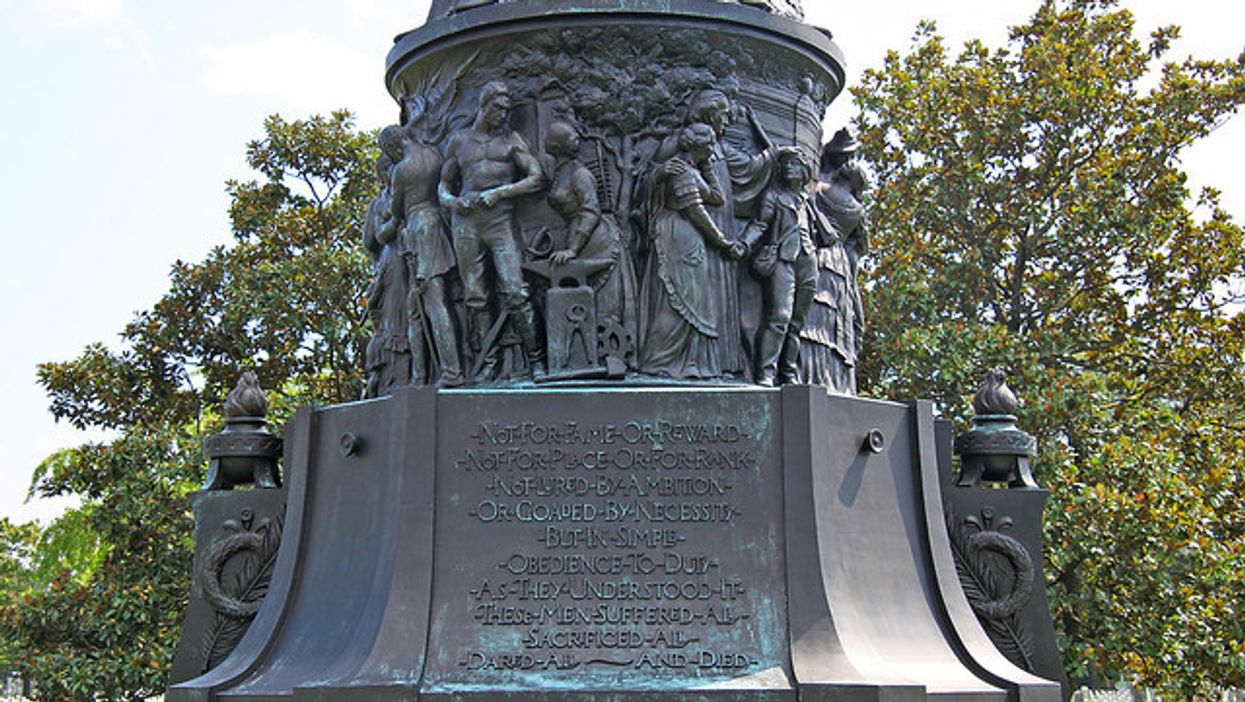At lunch in the Senate Dining Room, the man knocked on the table in a burst of taps.
Senator John McCain, R-Ariz., showed his press secretary and me how he communicated with other prisoners of war in the Hanoi Hilton: Morse code. And he smiled impishly.
McCain lays dying of a rare brain tumor, like the one that took the life of Senator Edward Kennedy, D-Mass., in 2009. Last summer, McCain came back after his grim diagnosis, head bandaged, to save Obamacare — by a thumbs-down floor vote at 2:30 a.m.
Ninety-nine gasps. Not only did McCain defy President Trump, but also he single-handedly salvaged the signature law of President Obama, who defeated him in 2008. Call it largeness of character, seldom seen in the marble halls.
Resting on his ranch, McCain remains the most vocal Senate Republican resisting Trump. (The second is Arizona’s Jeff Flake.) He’s not welcome at the senator’s funeral. McCain’s absence means his party’s majority hangs by a thread, 50-49.
A forthcoming May 22 memoir, “The Restless Wave,” promises bracing hope — to the last. Fred Hiatt, editorial page editor of The Washington Post, wrote, “McCain unspools something akin to a self-help manual for a country that has, at least for the moment, lost its way.” His last gift to the country.
McCain, 81, will be remembered as a great denizen of the Senate. He’s no angel, but he took lonely stands with immigrants and against torture.
His 2012 opposition to Susan Rice for Obama’s secretary of state resulted in a stellar pick, Senate colleague John Kerry, D-Mass. Remarkably, he and Kerry — a fellow naval officer in Vietnam, later an anti-war leader — had worked together to gain diplomatic recognition for Vietnam. A generational ghost put to rest; for once a little poetry in politics.
McCain’s reckless pick of Alaska Gov. Sarah Palin as his running mate in 2008, based on a coffee chat, chilled the nation’s spine. Such an unserious choice cost him dearly. He deserved to lose.
Remember campaign finance reform? A noble thing, the law championed by McCain and Democratic co-author Russell Feingold. McCain reached out to the young Wisconsin Democrat, the best of the crop across the aisle.
I know that because he told me in an early morning phone interview. There were not many senators who made time for a rookie reporter (for The Hill) to sing praises of a junior senator from the other side. McCain’s exuberance, early in the morning, was real.
McCain, born to privilege, squandered much in a misspent youth at the Naval Academy. His suffering and valor in North Vietnam gave him a restless redemption.
Shot out of the sky, McCain spent five years there; starting with broken bones, surviving under brutal conditions, tortured and imprisoned by the Viet Cong. His North Vietnamese captors gave him chances to be freed first, because he was blue-blood American military, the son and grandson of admirals. But McCain refused that way out. He was finally released in turn, a gaunt shadow in a white Navy officer’s uniform, in 1973.
It’s no secret that Hill reporters felt a rush of kindred spirits with McCain. We crowded around him by the Senate elevators, and he liked us, too. He’d share what he knew about anything we asked, with gusto and relish. He seemed to greet every day with uncommon intensity, as if making up for lost time. Republicans loved him not so much, for never being a company man. Not for nothing did McCain call the press “my base.”
Curiously, when McCain took over the Armed Services Committee, that plummy chair, the rebel was gone. He presided over Pentagon business as usual. However, McCain marked my generation of journalists, especially those who covered him on presidential campaign quests. David Von Drehle also wrote a farewell salute on the Post op-ed page. Years ago, Michael Lewis found a devilish glee in McCain’s subversiveness.
To share a personal note, when McCain heard who broke my heart — Michael Lewis — he slapped a fist on his palm. Worked like a charm. And that Morse code moment is fixed in my memory forever, with the smile on McCain’s face.
To find out more about Jamie Stiehm and other Creators Syndicate columnists and cartoonists, visit Creators.com.

















